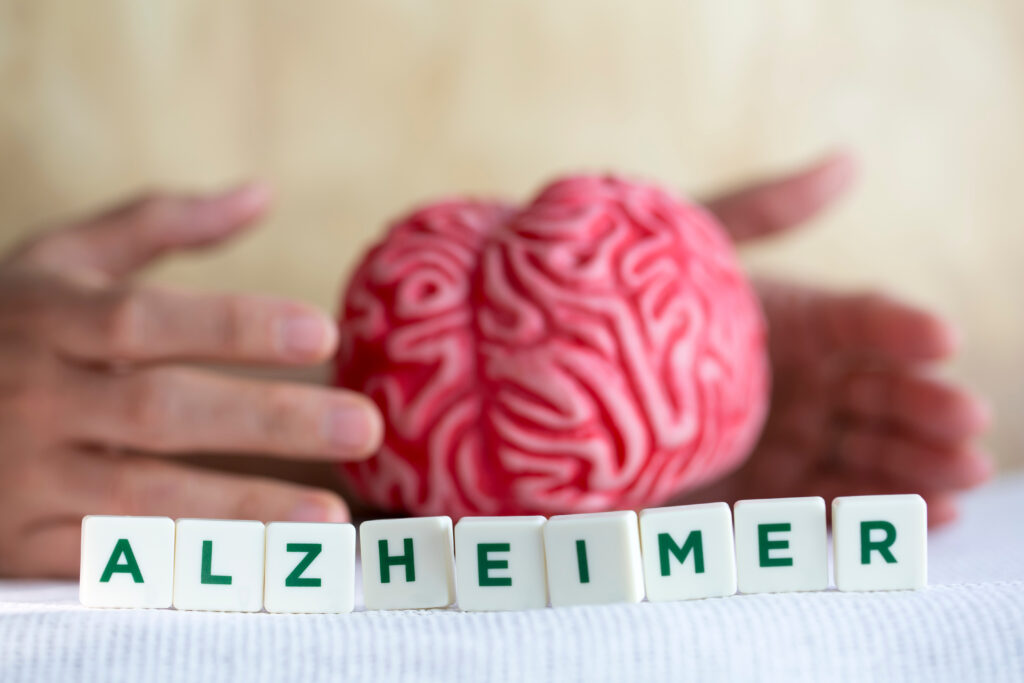**The Benefits of Music Therapy for Alzheimer’s Patients**
Alzheimer’s disease is a condition that affects the brain, causing memory loss and changes in behavior. While there is no cure for Alzheimer’s, music therapy has been shown to have significant benefits for those living with the disease. In this article, we will explore how music therapy can help Alzheimer’s patients and why it is an important part of their care.
### How Music Therapy Helps
Music therapy is not just about playing music; it is a way to connect with people on a deeper level. For individuals with Alzheimer’s, music can evoke powerful memories and emotions, even when they may not be able to understand spoken language. Here are some ways music therapy benefits Alzheimer’s patients:
1. **Reduces Agitation and Anxiety**: Music can help reduce agitation and anxiety, which are common issues in advanced Alzheimer’s. By listening to familiar songs from their past, patients can feel more calm and focused. This can make care easier for both the patient and their caregivers.
2. **Improves Cognitive Function**: Research has shown that nostalgic music therapy can improve cognitive function in patients with mild to moderate Alzheimer’s. This includes better memory, attention, and overall mental clarity.
3. **Enhances Mood**: Music has a way of lifting spirits and improving mood. For Alzheimer’s patients, this can be especially important as they navigate the challenges of the disease.
4. **Encourages Social Interaction**: Music therapy provides opportunities for social interaction, which is crucial for maintaining emotional well-being. Patients can engage with caregivers and other patients through singing, playing instruments, or simply enjoying music together.
5. **Supports Emotional Expression**: Music allows patients to express their emotions in a way that may be difficult through other means. This can help them feel more connected to their surroundings and those around them.
### How to Incorporate Music Therapy
Incorporating music therapy into the care of an Alzheimer’s patient is easier than you might think. Here are some tips:
1. **Choose the Right Music**: Select music that is familiar to the patient, such as songs from their childhood or young adult years. This can help trigger positive memories and emotions.
2. **Keep it Quiet**: Avoid loud music or music with loud commercials, as this can cause overstimulation and confusion.
3. **Encourage Participation**: Encourage patients to clap, sing along, or play a musical instrument. This can make the experience more enjoyable and engaging.
4. **Combine with Reminiscence**: Supplement music with fond reminiscences and looking at family photos. This can help patients connect with their past and feel more grounded.
5. **Make it Accessible**: Make musical instruments available when possible, and counsel family members on how to curate personalized playlists tailored to the patient’s preferences.
### Conclusion
Music therapy is a powerful tool in the care of Alzheimer’s patients. It can reduce agitation, improve cognitive function, enhance mood, encourage social interaction, and support emotional expression. By incorporating music into their daily lives, patients and their caregivers can find new ways to connect and make the journey with Alzheimer’s more manageable. Whether it’s through singing, playing instruments, or simply listening to favorite songs, music therapy offers a unique and effective way to support those living with this condition.


